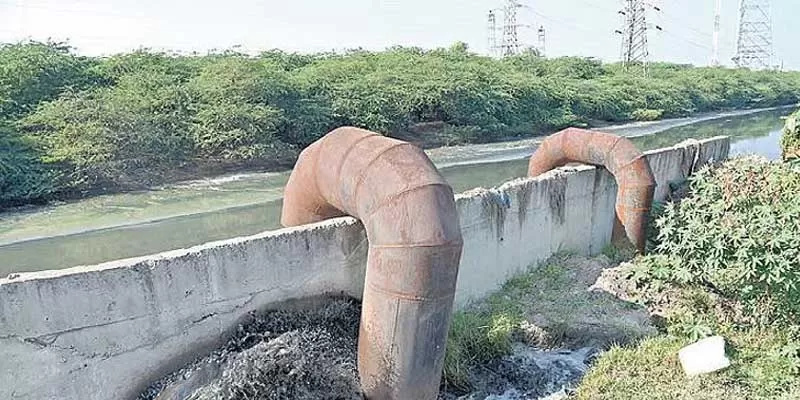
MSEDCL floats tender for 500 MW solar projects under KUSUM program

Kerala Launches India’s First Drug Disposal Initiative
Kerala is set to roll out nPROUD (New Programme for Removal of Unused Drugs), India's first initiative to collect and scientifically dispose of expired and unused medicines. Health Minister Veena George will inaugurate the project on February 22 in Kozhikode. The pilot phase will begin in Ulliyeri panchayat under Kozhikode Corporation before expanding statewide. The initiative aims to curb environmental pollution, health risks, and antimicrobial resistance caused by improper disposal of medicines. “Expired and unused medicines should not be thrown carelessly into the soil and water bodies,..

Hyderabad’s Smart Sewer System to Prevent Fatalities
Hyderabad has introduced a smart sewer monitoring system designed to detect toxic gases and sewage overflows, reducing the risks associated with manual scavenging. Equipped with gas and water level sensors, the system identifies hazardous gases like methane, ammonia, and hydrogen sulfide while sending real-time alerts to authorities for swift intervention. “The system is equipped with gas and water level sensors to detect toxic gases such as methane, ammonia and hydrogen sulfide while also identifying sewage overflows. It sends real-time alerts to authorities, enabling swift action and help..

J&K Sets Up Panel to Fix Traffic in Jammu & Srinagar
Jammu and Kashmir's government has constituted a high-powered committee, led by the Chief Secretary, to revamp traffic management in Jammu and Srinagar. The 12-member panel includes top officials from departments such as Home, Housing and Urban Development, Transport, and Public Works, alongside representatives from NHAI, NHIDCL, and municipal corporations. The committee's mandate covers a broad spectrum of improvements, including data-driven traffic planning, adaptive management strategies, and the installation of intelligent traffic systems. A key focus is enhancing enforcement with e-chall..














